Vacancy Director FMS
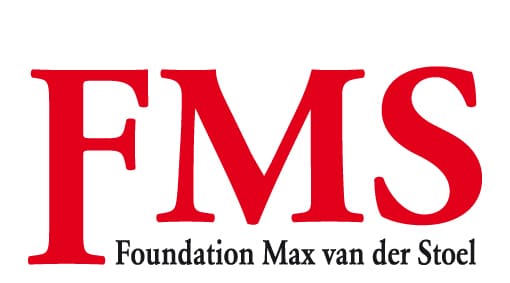
The FMS is looking for a new chief executive.
Next Monday, 23 May: Interview with Russia expert Gijs Kessler
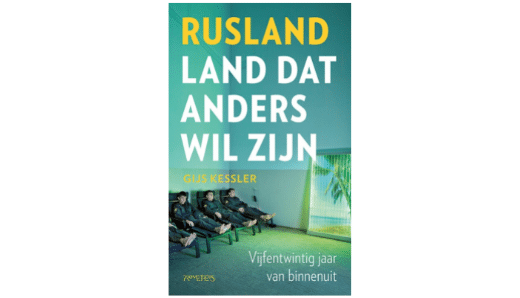
This Monday, 23 May, FMS director Arjen Berkvens will hold an interview with leading Russia expert Gijs Kessler, affiliated to the International Institute of Social History. Very recently, Kessler published his latest work; "Russia - country that wants to be different". Kessler is a specialist on the social and economic history of the Soviet Union and Russia, and lived in Moscow between 2002 and 2016.
Opposition wins in Lebanese elections, but status quo threatens to persist
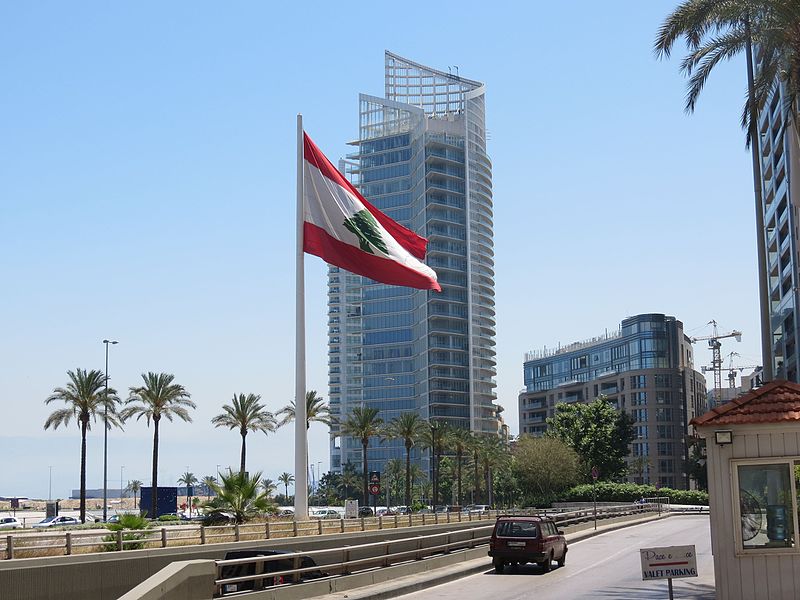
Last Sunday, 15 May, Lebanon held parliamentary elections. They were long awaited in the crisis-ridden country. An economic depression caused by political mismanagement, the coronavirus pandemic and the port explosion in Beirut in August 2020 have brought the country to the precipice. More than 70 per cent of Lebanese residents now live below poverty line.
Turkey sentences human rights activist Kavala to life in prison
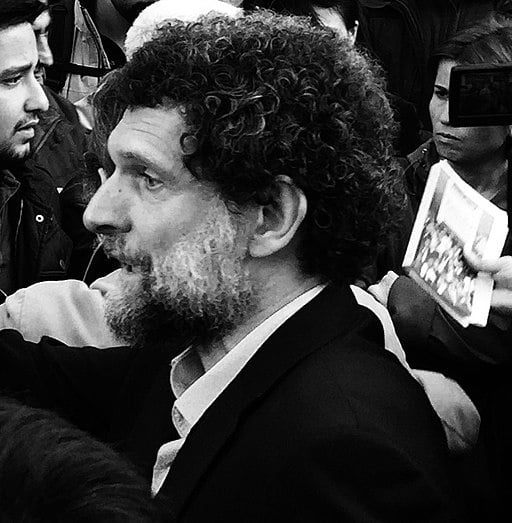
On 25 April, in Turkey, human rights activist and philanthropist Osman Kavala has been sentenced to life in prison for his role in anti-government protests. The case raises enormous concerns about the independence of Turkish courts and is expected to damage Turkey's relations with Western countries and rights organizations - as the European Court of Human Rights (ECHR) commenced an infringement procedure against Turkey. Since 2019, Ankara has refused to abide by various ECHR rulings.
Ukraine war looms over French Presidential elections
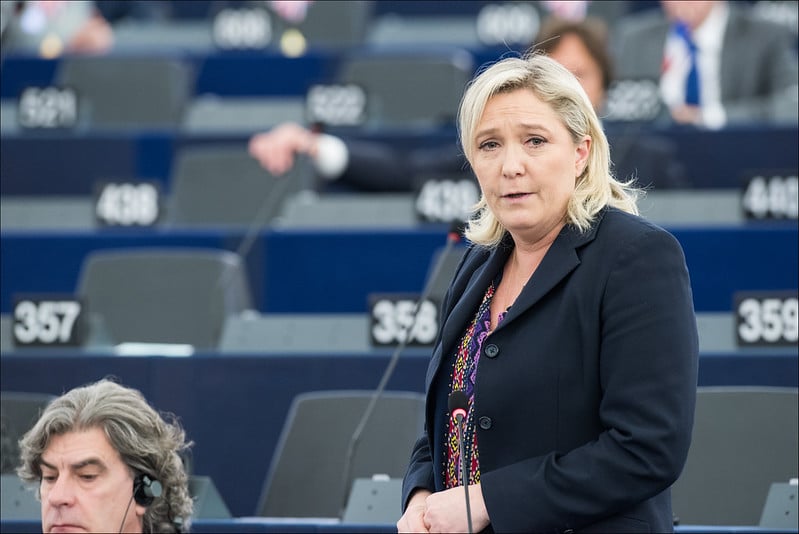
As France prepares for the run-off presidential elections on Sunday, April 24, the war in Ukraine appears to have re-shuffled the cards between centrist candidate Emmanuel Macron and far-right candidate Marine le Pen. Macron, incumbent president, has been the big favourite in the lead-up to the first round of elections, held last Sunday, April 10. However, the far-right and -left took 58% of the vote at these polls. The effects of the Ukraine war on purchasing power in France seem to affect voting behaviour significantly, boosting Le Pen's electoral campaign.
Autocratic leaders in Serbia and Hungary record major election victory
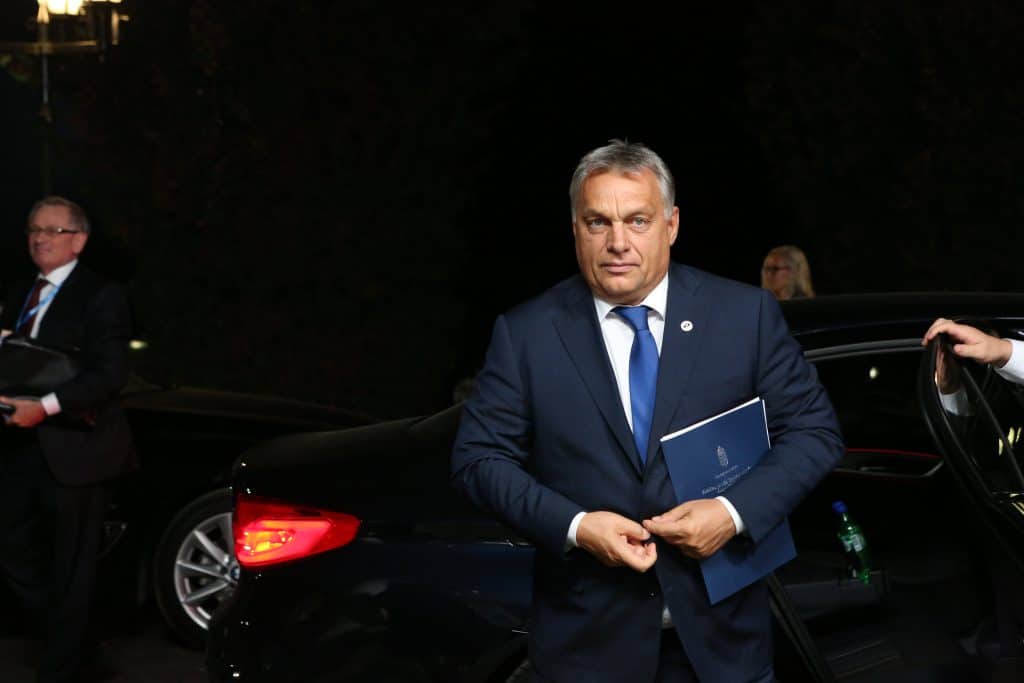
Pro-European, democratic parties in Eastern Europe are suffering a setback after autocratic incumbents in both Hungary and Serbia won major electoral victories. Parliamentary elections were held in both countries on Sunday 3 April. In addition, presidential and local elections also took place in Serbia. The elections were characterised by an uneven playing field between the rulers Orbán (Hungary) and Vučić (Serbia), and the opposition. In both countries, the opposition was united but failed to achieve any successes.
UPDATE: April 7 at 8.30pm: West Papua Political Cafe

Foundation Max van der Stoel organises a political café several times a year in order to take a deeper look at a political conflict taking place somewhere in the world. On 20 January, the last edition took place on the situation in Ethiopia. On 7 April at 20:30, Foundation Max van der Stoel is organising a new political café, this time on West Papua. During the discussion, several experts will discuss the many aspects of this conflict.
The West's fault?
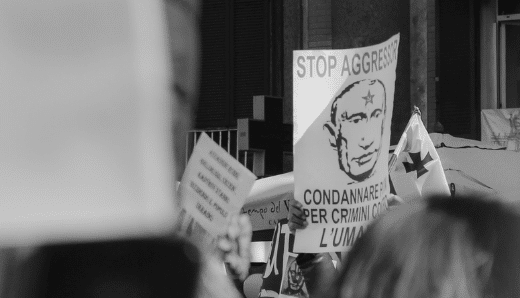
In this horrific time of war, the West is often blamed for Russia's attack on Ukraine. It is alleged to have provoked Russia by advancing ever further towards its borders. I doubt that this is so. Rather, I would argue that the opposite is the case. Because of (internal) weakness and lack of international "ambition", the West gave Russia the opportunity to invade.
Erdoğan presents controversial electoral law as Turkey diplomatically mediates in Ukraine
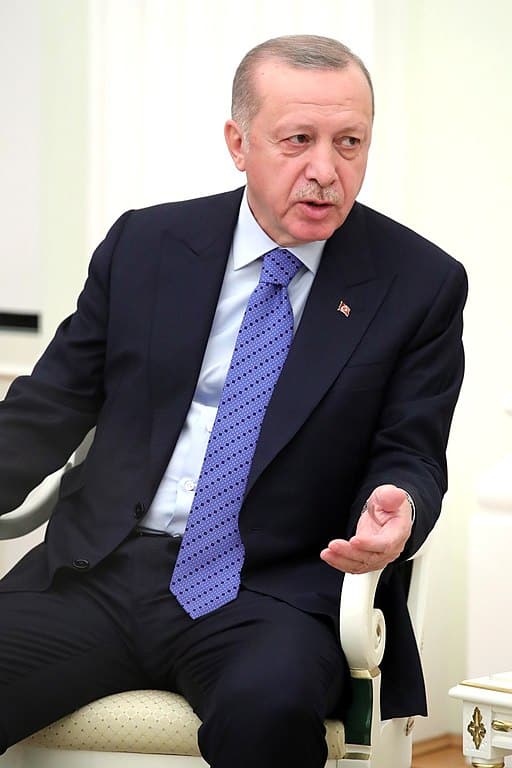
While Turkish diplomacy is in full swing and the country is raising its profile on the geopolitical front, interesting developments are taking place in domestic politics. In the run-up to next year's elections, the Erdoğan government has tabled a controversial electoral law that is likely to be passed. The law favours Erdoğan's AK Party and seems intended to divide the united opposition.
Burkina Faso: from hope in the region to epicentre of conflict
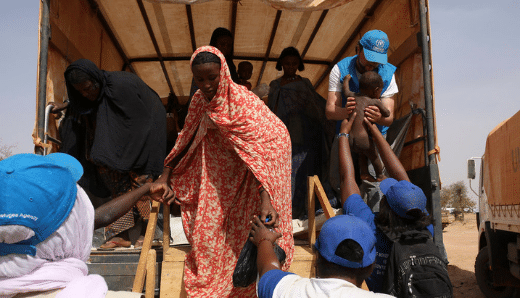
On 23 January, a coup takes place in Burkina Faso by the military group Patriotic Movement for Safeguarding and Restoration (PMSR). The democratically elected president Roch Kabore is deposed; he is no longer considered capable of addressing the worsening security situation. The leader of the PMSR, Paul Henri-Sandaogo Damiba, appears on TV to announce that they will take over the country's administration from here.

